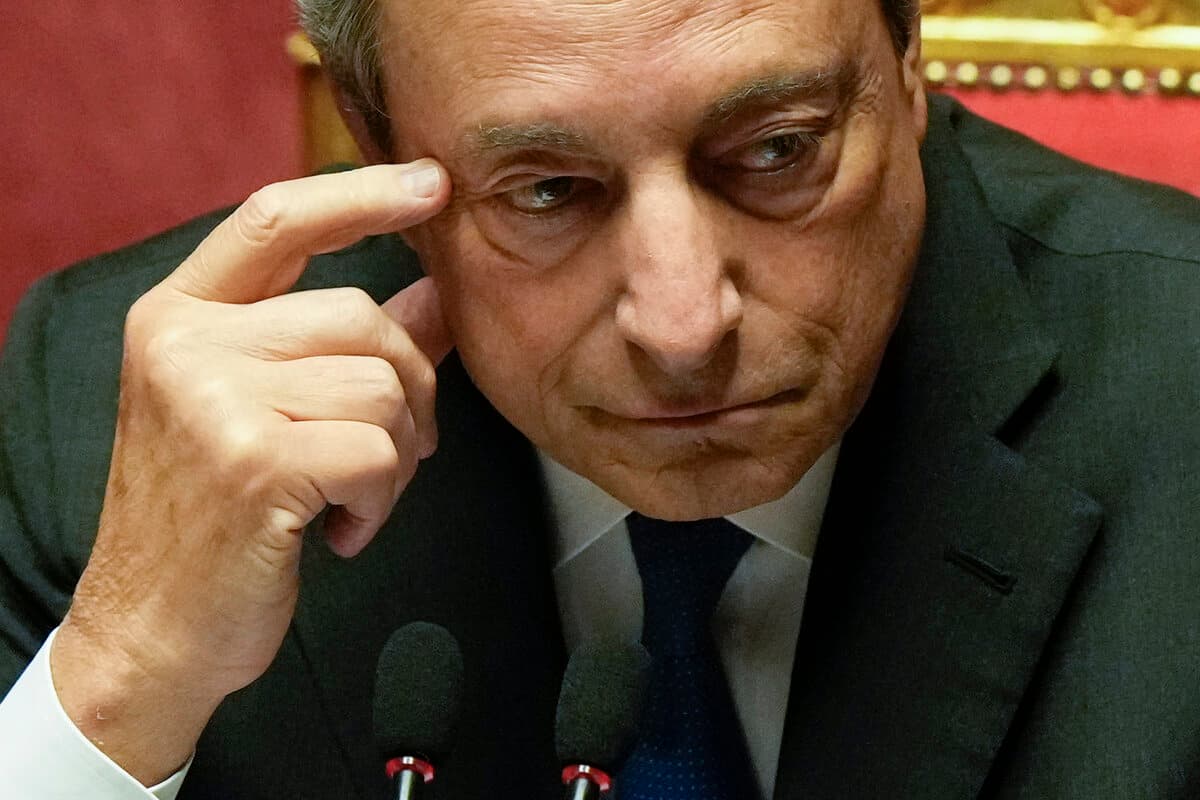Monday's report from the Italian ex-Prime Minister and EU veteran is ominous.
For the first time since the Cold War, we need to be worried about our survival, says Draghi at a press conference in Brussels together with EU Commission President Ursula von der Leyen.
Three main areas are highlighted to get growth started: the EU must catch up on innovation, climate goals and competitiveness must work together, and security and independence need to be strengthened.
Concretely, it means that he wants to see significantly increased investments in financing researchers and entrepreneurs. This should be done with both private and public funds, for example through EU bonds.
Dispute over loans
Draghi also wants to see faster decisions, simpler rules, and deeper cooperation between EU countries, not least when it comes to plans and investments.
To succeed with digitalization and climate transformation, investments equivalent to five percent of GDP per year are needed – twice as much as under the US Marshall Plan for Europe after World War II.
The idea of new joint EU loans is, however, far from popular in all EU countries. The skepticism has also increased since a recent report from the EU auditors showed that the giant fund borrowed to boost the economy after the corona pandemic has not had the desired effect – and has not been fully utilized either.
German skepticism
Ursula von der Leyen notes that the path to money can go both through an increased EU budget and with the help of new own resources to the EU in the form of loans or other instruments.
We must look at both – and there must be a political will among the member states, says von der Leyen.
Meanwhile, a quick no comes from German Finance Minister Christian Lindner.
We don't solve structural problems by jointly taking on debt in the EU. More state debt costs interest. Germany will not support it, says Lindner according to Die Zeit.
Mario Draghi (born 1947) was head of the Italian central bank 2006–11 and then of the European Central Bank (ECB) 2011–19. From February 2021 to October 2022, he was also Prime Minister of a unity government in Italy.
Draghi was tasked last autumn to write a report on how the EU can improve its competitiveness. The idea is that the report will be a significant input to EU policy in the coming years.






